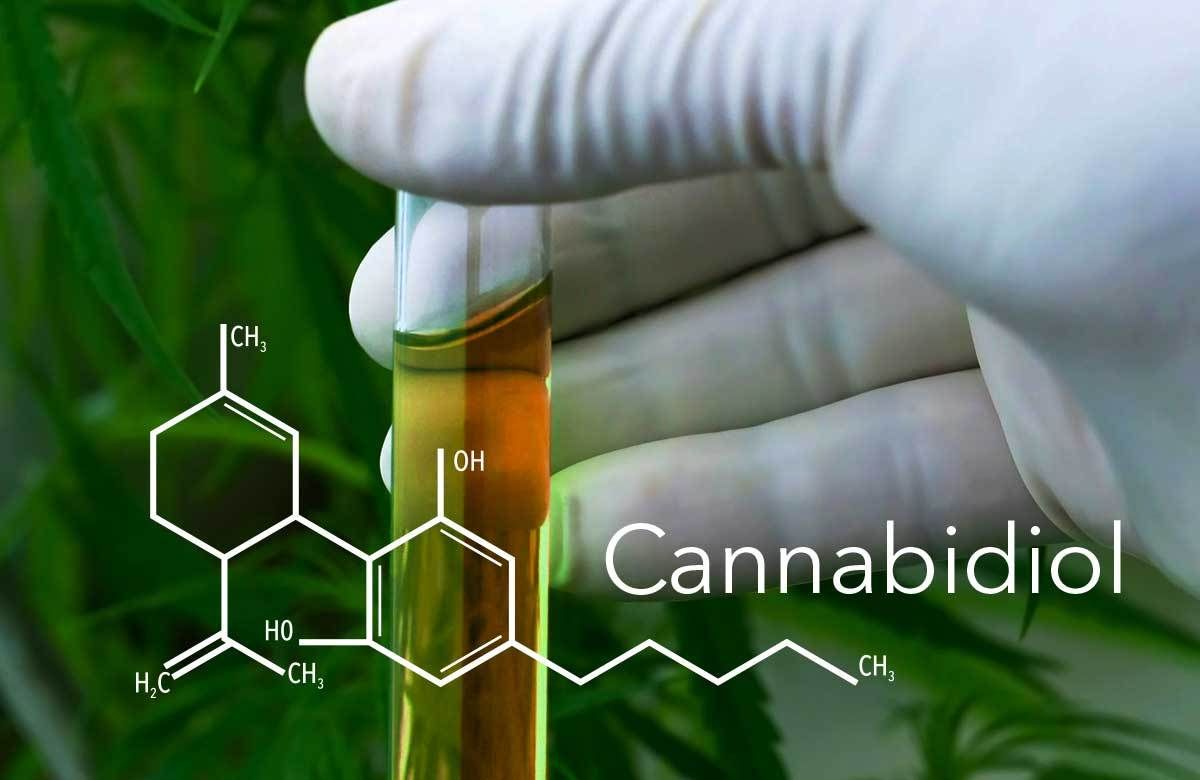Hemp proposed as alternative to medical marijuana

Credit to Author: clopez| Date: Tue, 18 Dec 2018 09:27:47 +0000
BANGKOK — The United Nations will in the next few weeks consider whether to downgrade the classification of cannabidiol – currently a narcotic under international law, Kasetsart University agronomy lecturer Vichien Keeratinijakal said yesterday.
Vichien said the UN was considering reclassification because cannabidiol – found both in hemp and marijuana – had been shown to have medical benefits without the intoxicating properties of other cannabinoids, such as psychotropic tetrahydrocannabinol (THC). Some countries use cannabidiol in food-supplement products, he added.
Vichien met with International Narcotics Control Board member Viroj Sumyai last month to discuss Thailand’s move to legalize medical marijuana.
With restrictions possibly set to be lifted on cannabidiol, Government Pharmaceutical Organisation (GPO) chairman Sopon Mekthon suggested that the government encourage farmers to grow hemp as a source of cannabis-related remedies rather than marijuana.
More psychotropic effect
He said Thailand-grown marijuana still had a rather high THC level and yielded a low amount of cannabidiol, meaning people were more likely to take it for psychotropic effects.
Sopon added that the government should legalize the growing of hemp, and study which strains to grow and where to cultivate in order to maximize the cannabidiol content.
Vichien, who has carried out GPO research into cannabis strains for medical purposes, said hemp (Cannnabis sativa L Subsp sativa) is judged different from marijuana (Cannabis sativa L Subsp indica (Lam) based on the amount of THC content.
Thailand requires that hemp must contain less than 1 per cent THC, while the US requirement is for less than 0.3 percent and Europe’s is for below 0.2 percent.
Vichien explained that if Thailand wanted to grow hemp to get cannabidiol for global export, it had to ensure the produce contained less than 0.3 percent THC and make sure there was no heavy-metal contamination.
The government may have to amend its regulation to cap THC content at 0.3 per cent, because anything higher is regarded as narcotic marijuana, the lecturer said.
He added that if Thailand were to grow drought-hardy hemp, which is mostly cultivated for fibre and Omega oil-rich seeds besides cannabidiol, farmers could follow the dual model – focusing on both fibre and cannabidiol – that is applied by China, the world’s largest source of cannabidiol.